UK signals shift from nuclear to renewables
Business Secretary says ‘economics of the energy market have changed significantly in recent years’
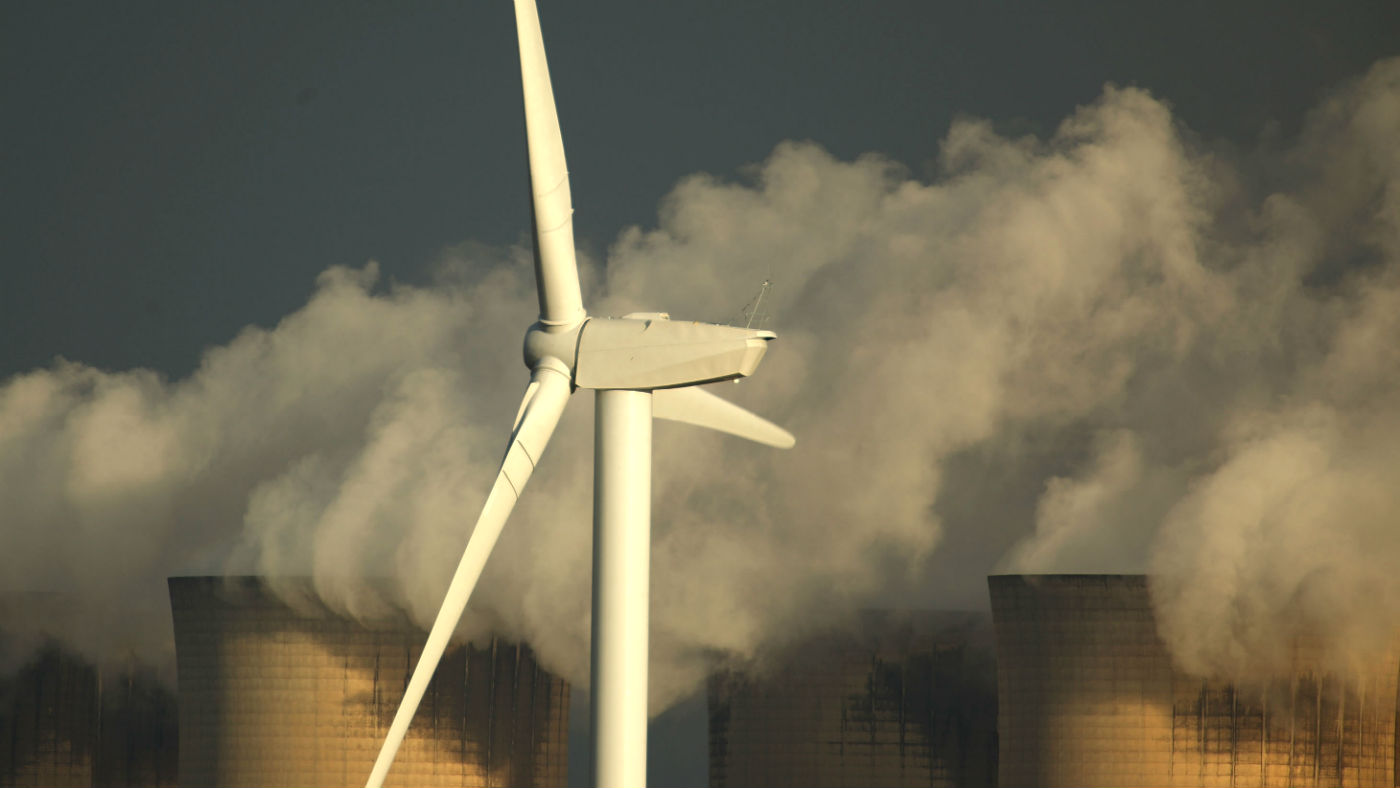
A free daily email with the biggest news stories of the day – and the best features from TheWeek.com
You are now subscribed
Your newsletter sign-up was successful
The government has signalled a big shift away from nuclear energy and towards renewables after Hitachi announced it was scrapping work on a new reactor because of the plummeting costs of offshore wind and solar power.
Addressing MPs, the Business Secretary Greg Clarke said that despite “significant and generous” offers of financial support from the government, the Japanese firm believed the £16bn Wylfa nuclear project in north Wales was no longer viable.
“The economics of the energy market have changed significantly in recent years,” he said, adding “renewable energy may now not just be cheap, but also readily available”.
The Week
Escape your echo chamber. Get the facts behind the news, plus analysis from multiple perspectives.

Sign up for The Week's Free Newsletters
From our morning news briefing to a weekly Good News Newsletter, get the best of The Week delivered directly to your inbox.
From our morning news briefing to a weekly Good News Newsletter, get the best of The Week delivered directly to your inbox.
The decision to scrap construction of the plant had long been rumoured but was confirmed by Hitachi’s board this week. After Toshiba announced it was pulling out of a separate project in Cumbria, it leaves just one new nuclear plant under construction in the UK at Hinkley Point.
Together the three projects would have provided 15% of the UK’s electricity demand, but without them the government’s entire long-term energy policy is now in doubt.
Hitachi Chief executive Toshiaki Higashihara denied turmoil over Britain’s impending exit from the European Union had any impact on the decision to freeze the project, but Reuters reports that “people close to the matter had previously said it had limited the government’s capacity to devise plans”.
The New York Times says the government had been “betting heavily on nuclear installations to help meet the country’s electric power needs in the coming decades”.
A free daily email with the biggest news stories of the day – and the best features from TheWeek.com
Yet Hinkley is currently eight years behind, billions over budget and will lock the country in to paying £92.50 per megawatt hour compared to £57.50 for offshore wind.
The deal between the Coalition and EDF was signed back in 2013 and guaranteed the French energy firm an index-linked price for 35 years from the moment the plant is commissioned in 2025.
“Since then much has changed, and the assumptions which underpinned the old policy now look laughably wrong”, says the Financial Times.
“While renewable costs continue to drop sharply,” reports The Independent, “those for new nuclear power generation have soared, partly as a result of tighter safety rules brought in after the Fukushima disaster in 2011.”
By contrast, the business secretary said “investors now favour other technologies that are less capital-intensive upfront, quicker to build, and less exposed to cost overruns”.
While the Green party and groups such as Greenpeace advocate ditching nuclear altogether in favour of more renewables, energy efficiency and flexibility through imports, batteries and other technologies, “most energy industry experts think the future involves some new nuclear”, says The Guardian.
“It’s difficult to see a low-carbon energy system in the future which has no new nuclear,” says George Day, the head of policy and regulation at the government-funded Energy Systems Catapult.
“If you try to rely on just renewables and storage, without carbon capture and storage or nuclear, you are looking at a very challenging transition and one that is more costly than a balanced mix [of supplies].”
-
 Why are election experts taking Trump’s midterm threats seriously?
Why are election experts taking Trump’s midterm threats seriously?IN THE SPOTLIGHT As the president muses about polling place deployments and a centralized electoral system aimed at one-party control, lawmakers are taking this administration at its word
-
 ‘Restaurateurs have become millionaires’
‘Restaurateurs have become millionaires’Instant Opinion Opinion, comment and editorials of the day
-
 Earth is rapidly approaching a ‘hothouse’ trajectory of warming
Earth is rapidly approaching a ‘hothouse’ trajectory of warmingThe explainer It may become impossible to fix
-
 Trump peace deal: an offer Zelenskyy can’t refuse?
Trump peace deal: an offer Zelenskyy can’t refuse?Today’s Big Question ‘Unpalatable’ US plan may strengthen embattled Ukrainian president at home
-
 Ukraine-Russia: are both sides readying for nuclear war?
Ukraine-Russia: are both sides readying for nuclear war?Today's Big Question Putin changes doctrine to lower threshold for atomic weapons after Ukraine strikes with Western missiles
-
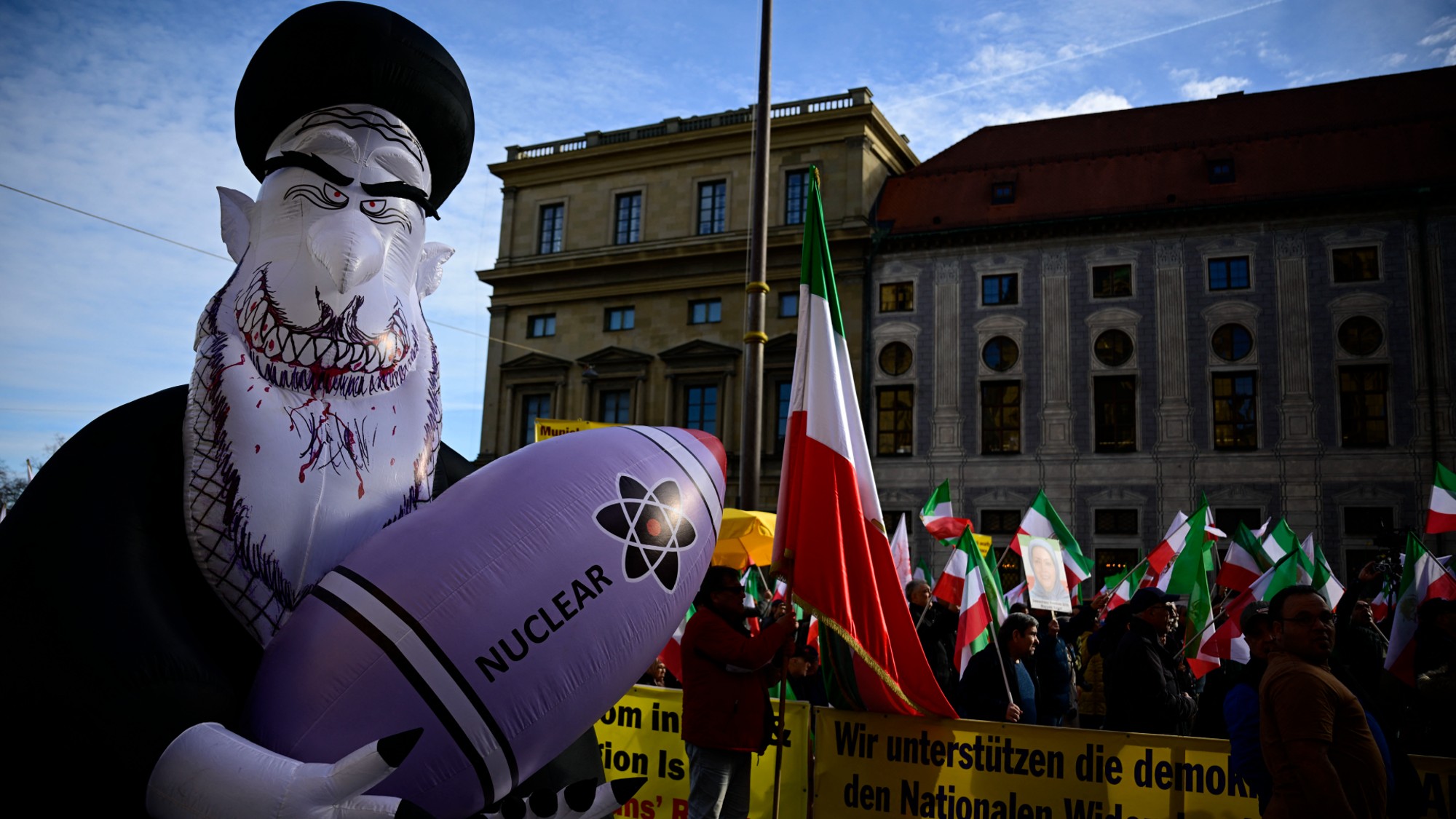 Iran at the nuclear crossroads
Iran at the nuclear crossroadsThe Explainer Officials 'openly threatening' to build nuclear bomb, as watchdog finds large increase in enriched uranium stockpile
-
 How would we know if World War Three had started?
How would we know if World War Three had started?In depth Most of us probably won’t realise that we are in a global conflict – at first
-
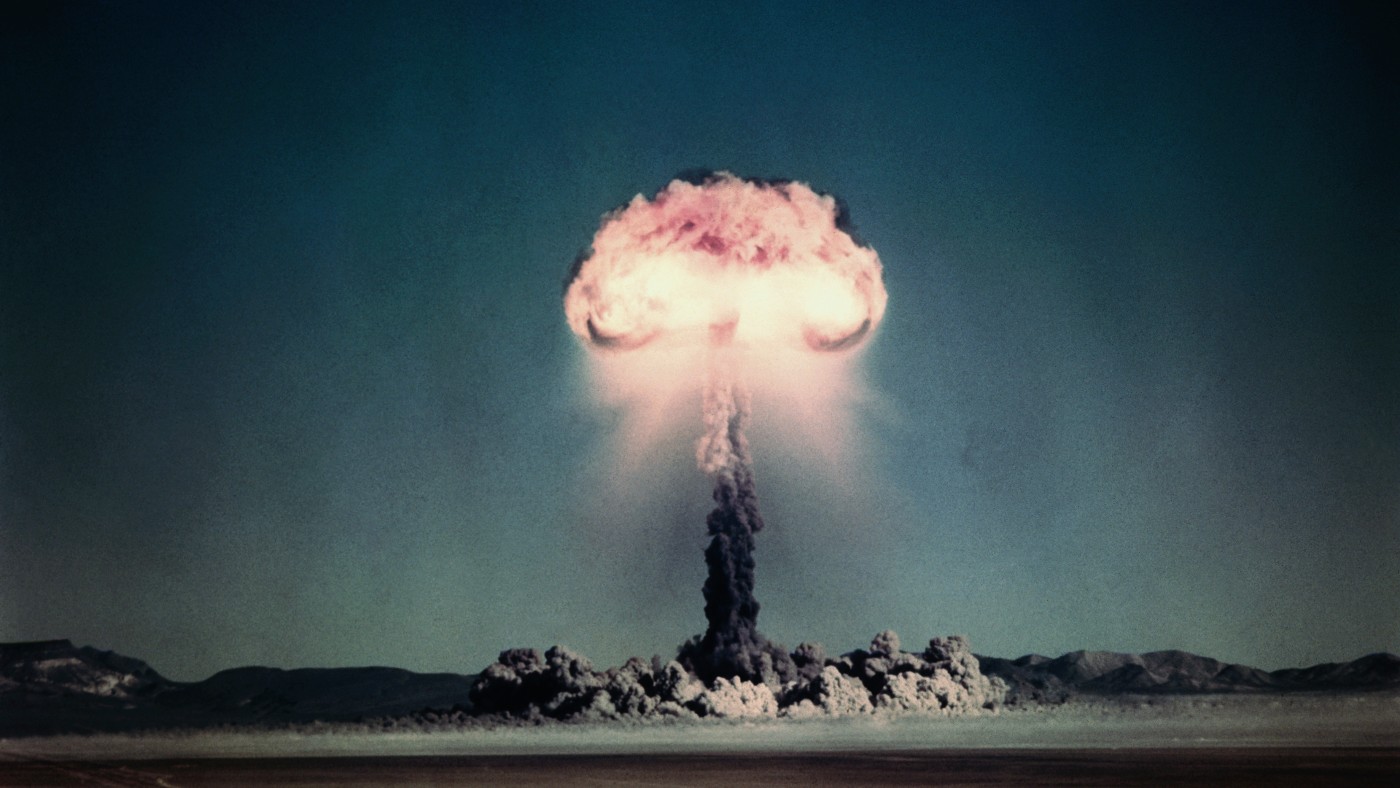 How likely is an accidental nuclear incident?
How likely is an accidental nuclear incident?The Explainer Artificial intelligence, secret enemy tests or false alarms could trigger inadvertent launch or detonation
-
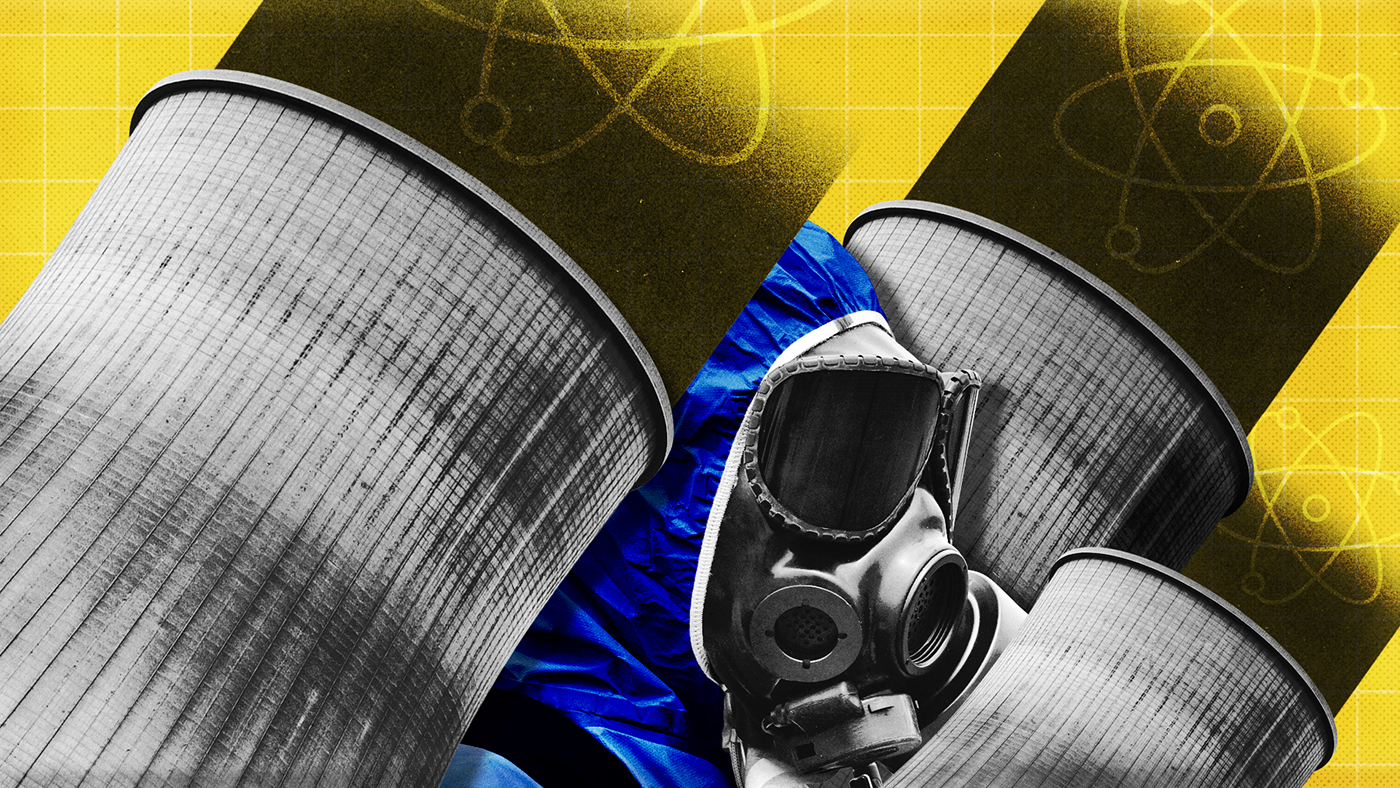 Is Russia planning to blow up the Zaporizhzhia nuclear power plant?
Is Russia planning to blow up the Zaporizhzhia nuclear power plant?Today's Big Question Ukraine warns of tactical sabotage that could cause radioactive disaster and force Kyiv into peace talks
-
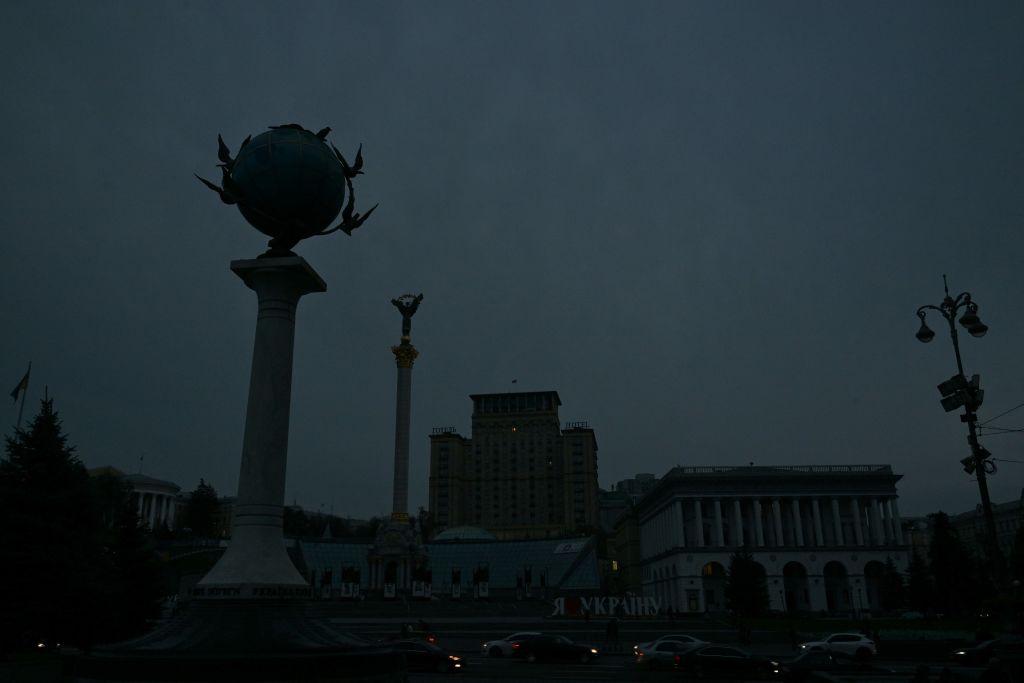 Ukraine and Moldova experience power outages from Russian attacks
Ukraine and Moldova experience power outages from Russian attacksSpeed Read
-
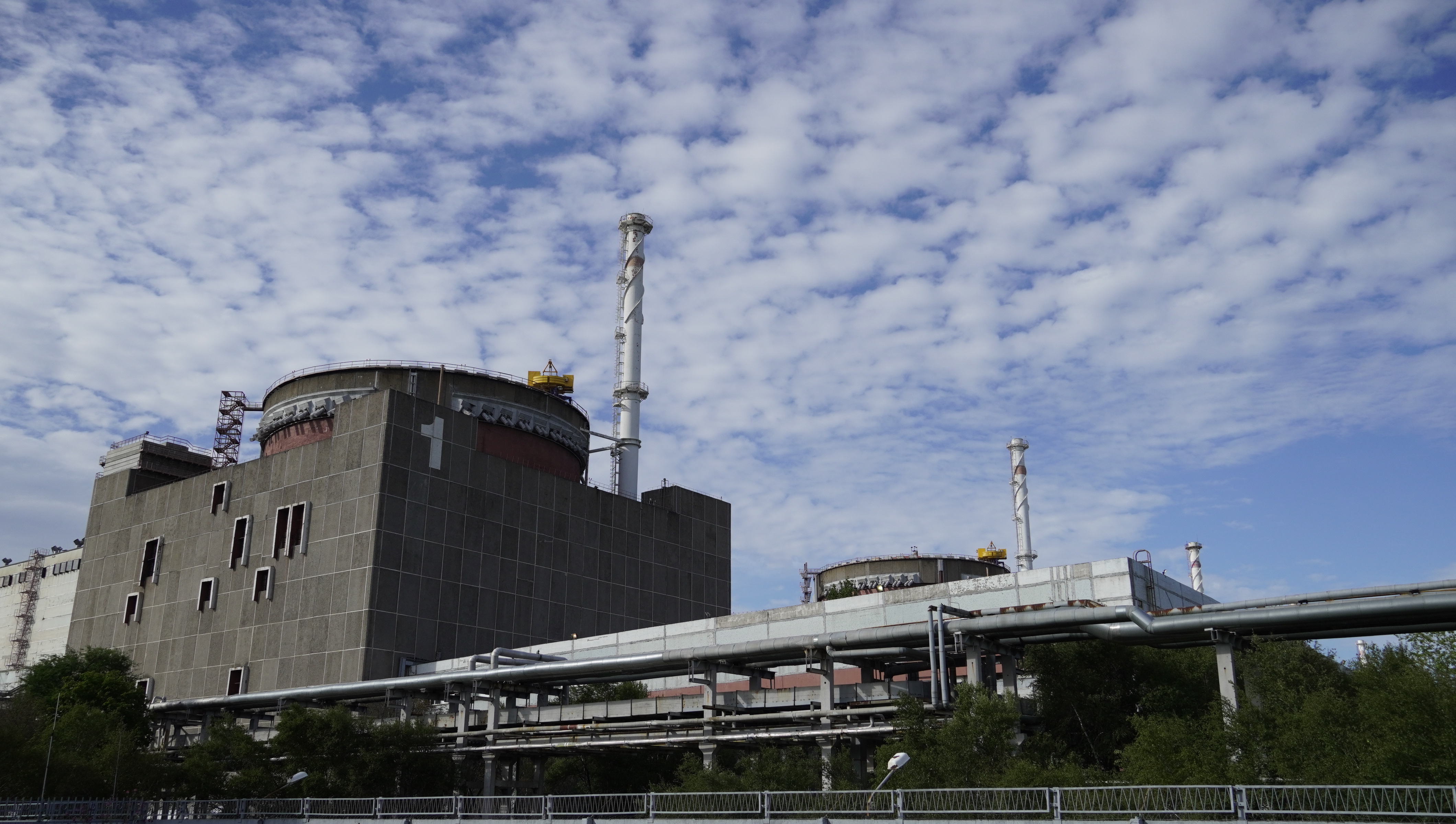 Europe's largest power plant at risk of nuclear accident, Russian officials say
Europe's largest power plant at risk of nuclear accident, Russian officials saySpeed Read